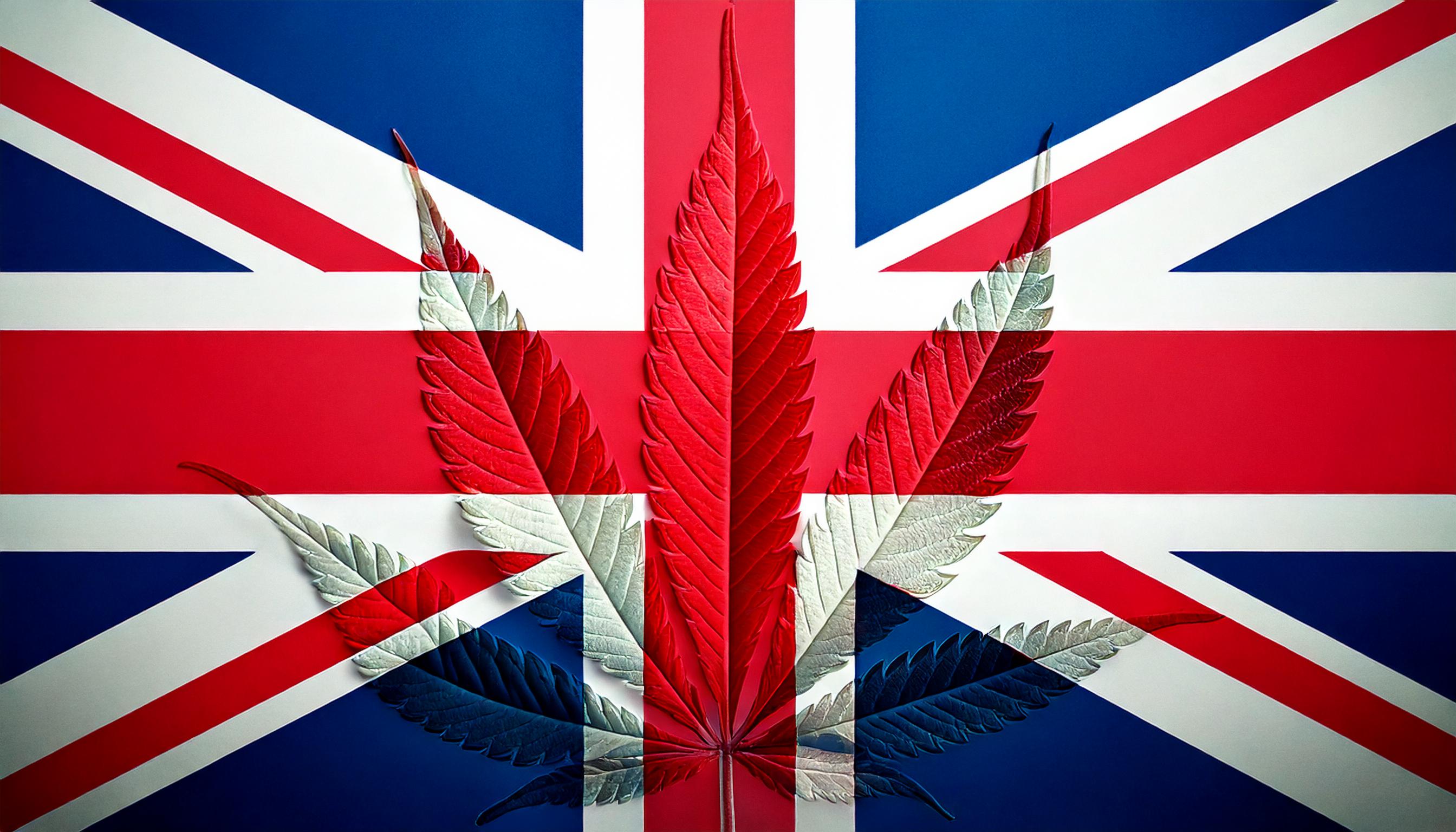The Impact of Brexit on the UK Cannabis Industry
Oct 14, 2024
Since Brexit, the UK's cannabis industry has been on quite the rollercoaster ride. While many were hopeful that leaving the EU might offer new opportunities for cannabis businesses, the reality is that things have become more complex, especially when it comes to regulations, trade, and overall business operations. In this blog, we’ll dive into how Brexit has affected the UK cannabis industry, exploring trade implications, regulations, and business opportunities.

Sell Cannabis Legally
Start Your Cannabis Empire Today.
Unlock your digital key to selling cannabis legally and globally with Dr. Green. Don’t miss your chance to join the green revolution.
Trade and Supply Chain Disruptions
One of the biggest changes post-Brexit has been the disruption to the trade and supply chains. Prior to Brexit, cannabis-based products, especially CBD, could be easily imported from other EU countries like the Netherlands, Spain, and Germany, where production was legal and regulated.
But after the UK’s exit from the EU, things got tricky. The once smooth flow of products across borders was replaced by customs checks, tariffs, and more complex regulations. For cannabis businesses, especially those dealing with CBD products, this has caused delays, added costs, and in some cases, a complete halt in their ability to import certain products.
For British cannabis patients, this has had a particularly negative impact. Many medical cannabis patients rely on imported products, as the UK’s domestic cultivation of cannabis is still quite limited.
With the added hurdles, patients are facing longer wait times and higher prices. There have even been reports of shortages, making it more difficult for people to access the treatment they need.
The Science: What Does Research Say?
Most of the current research on cannabis and PTSD focuses on how people use marijuana to self-medicate.
For instance, those dealing with severe PTSD symptoms often turn to cannabis to cope with emotional distress. Some studies show that individuals with more intense PTSD symptoms are more likely to use marijuana for relief.
One study found that patients with PTSD who used cannabis reported fewer symptoms, particularly when it came to flashbacks and fight-or-flight (the feeling of being constantly on edge). Another study noted a 75% reduction in PTSD symptoms in patients using medical marijuana.
However, while many users report improvements, there’s a flip side: cannabis use may also increase the risk of developing a dependency, especially for those who use it frequently.
Regulatory Uncertainty
Another key challenge that Brexit has brought to the UK cannabis industry is regulatory uncertainty. While the EU had its own set of guidelines for cannabis products, including CBD, the UK now has to forge its own path.
The Misuse of Drugs Act 1971 still governs most cannabis-related products in the UK, and it doesn’t make specific distinctions between low-THC cannabis (like CBD) and high-THC cannabis (which is illegal).
This lack of clarity has been a headache for businesses trying to navigate the regulatory landscape. Many online stores that were selling ‘low-THC cannabis’ or CBD products assumed they were operating legally, only to find themselves caught in legal battles, facing shutdowns and prosecutions.
One high-profile case involved the online CBD cannabis shop, Uncle Herb, where products containing less than 0.2% THC were seized by customs, despite the owners believing they were compliant under EU law at the time.
Now, post-Brexit, the legal standing of these types of businesses is even murkier, with fewer protections under EU regulations.
Business Opportunities: A Silver Lining?
But it’s not all doom and gloom. There are still opportunities for growth within the UK cannabis industry, especially in the burgeoning CBD market. Valued at £690 million in 2021 and projected to reach £1 billion by 2025, the CBD sector is thriving.
There’s a growing interest in wellness products, and CBD is finding its way into everything from skincare to beverages. Additionally, Brexit has opened up the possibility for the UK to shape its own cannabis laws without being tied to EU regulations.
This could pave the way for more progressive cannabis policies in the future, including potential changes to the medical cannabis framework or even the legalisation of recreational cannabis down the line.
Some industry insiders believe that, without the constraints of EU laws, the UK has a chance to lead the way in cannabis innovation.
Launch Your Legal Cannabis Business
Take the First Step to Your Cannabis Success.
Discover how Dr. Green can help you sell cannabis legally and expand your reach globally. Join the movement and be part of the future of cannabis.
The Road Ahead
Brexit has undoubtedly created challenges for the UK cannabis industry, but it’s also opened up new avenues for growth.
The trade disruptions, regulatory hurdles, and supply chain issues are significant obstacles, but as the industry continues to evolve, there is hope that the UK will develop clearer, more supportive regulations for cannabis businesses.
For now, businesses and patients alike are navigating an uncertain landscape. But with the CBD market booming and the potential for policy changes on the horizon, the future of the UK cannabis industry is still full of possibilities—Brexit or not.

Build Your Cannabis Legacy
Your Path to Legal Cannabis Sales Starts Here.
Partner with Dr. Green to legally sell cannabis and grow your business on a global scale. The green revolution is calling – are you ready to answer?